Lira Gallery Rome
Zitat
Julien Bismuth
March 16 – April 30, 2016
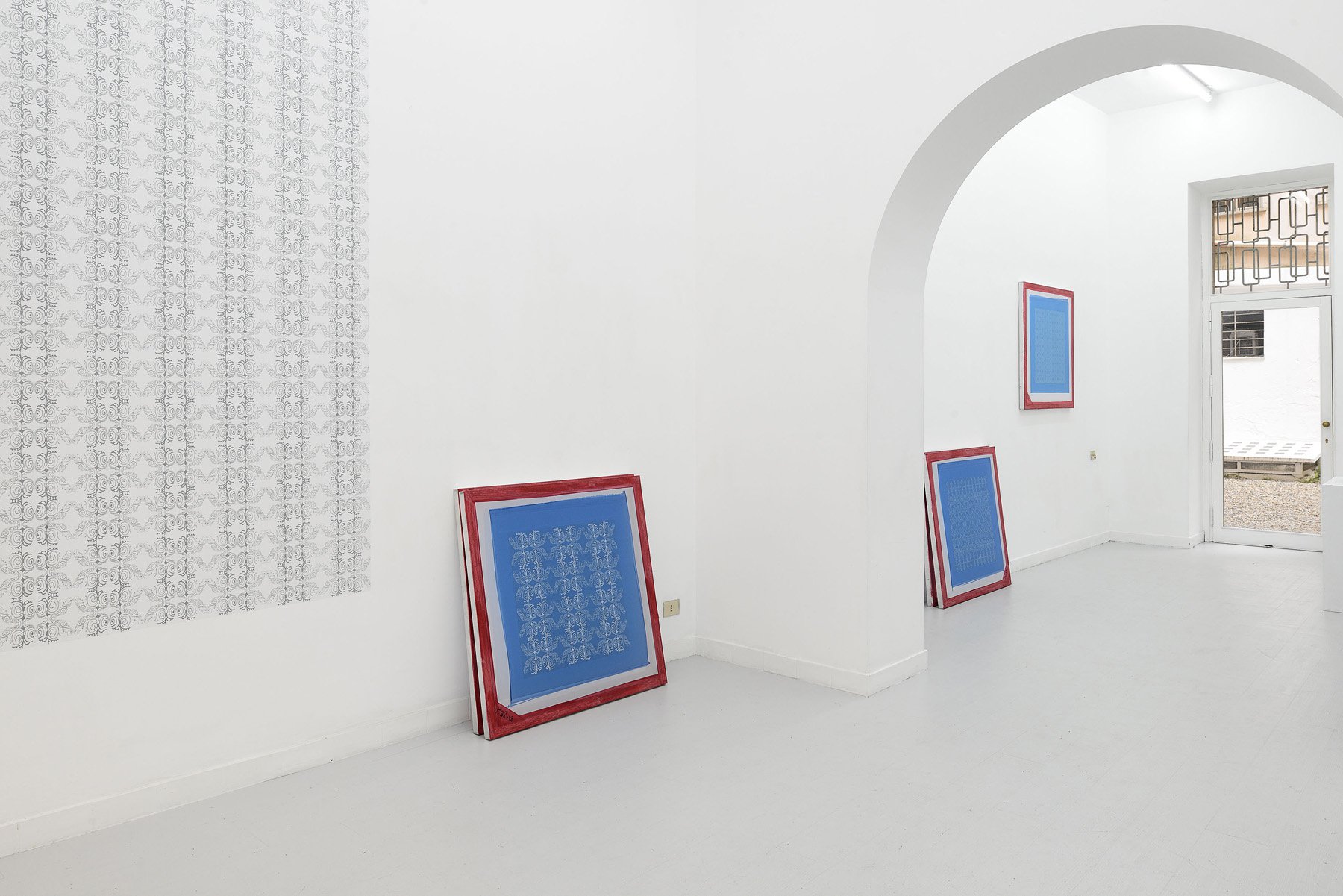
Julien Bismuth
Zitat, 2016
Installation view
Lira Gallery, Rome
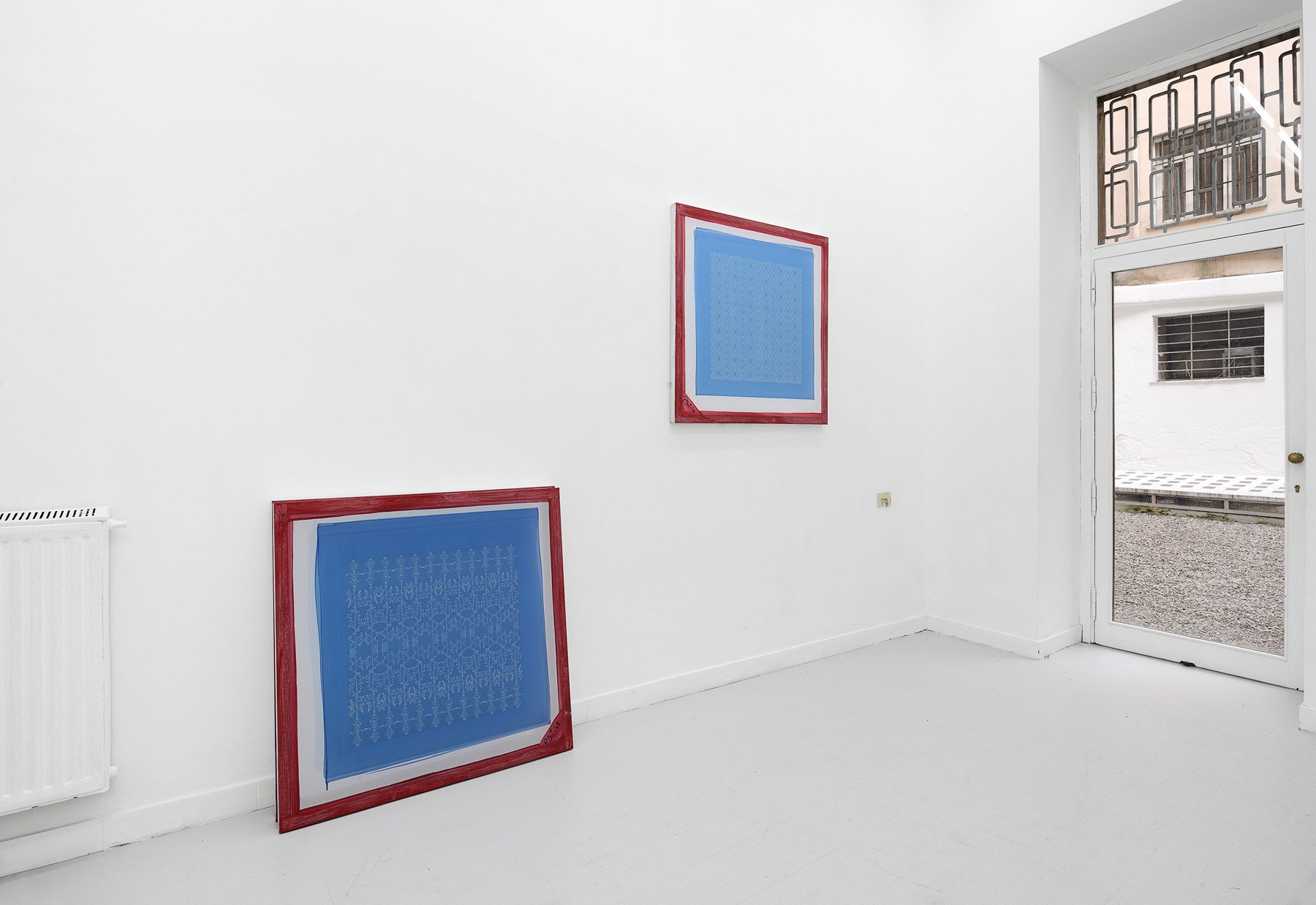
Julien Bismuth
Zitat, 2016
Installation view
Lira Gallery, Rome
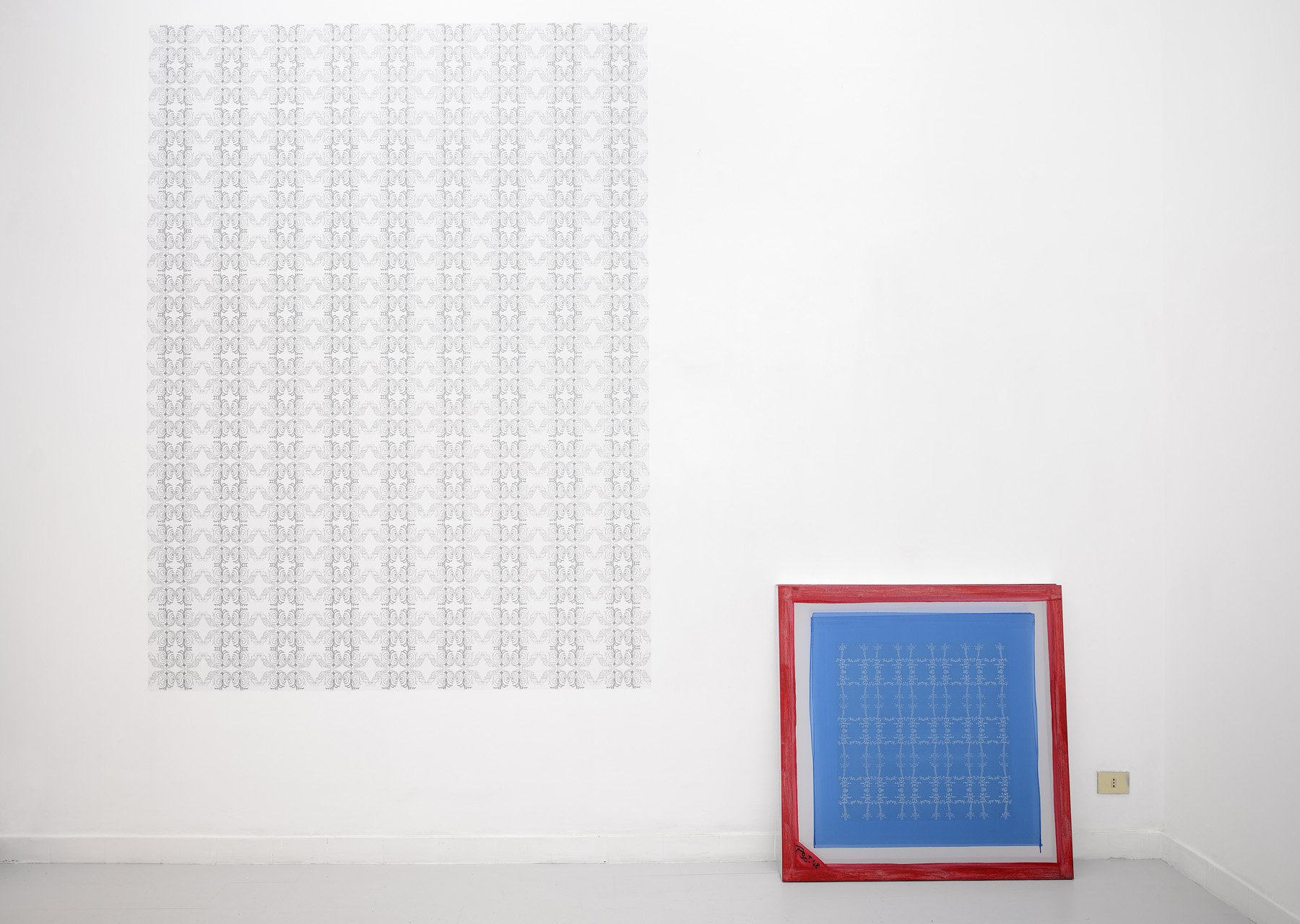
Julien Bismuth
Zitat, 2016
Installation view
Lira Gallery, Rome
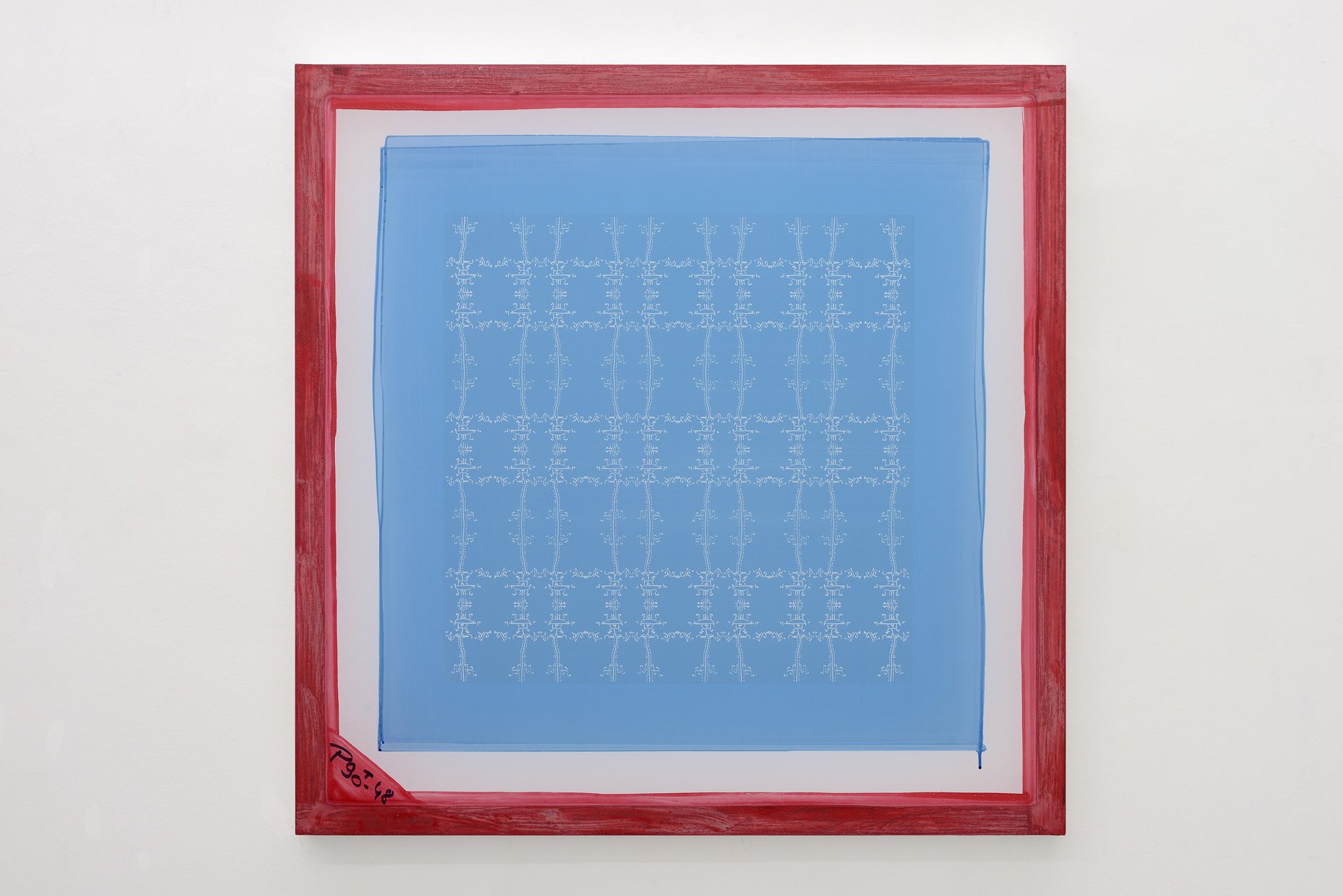
Julien Bismuth
India Chamacoco, Rio Nabilequé (Coleccion Boggiani No. 94), 2016
Serigraphy screen and print on wallpaper
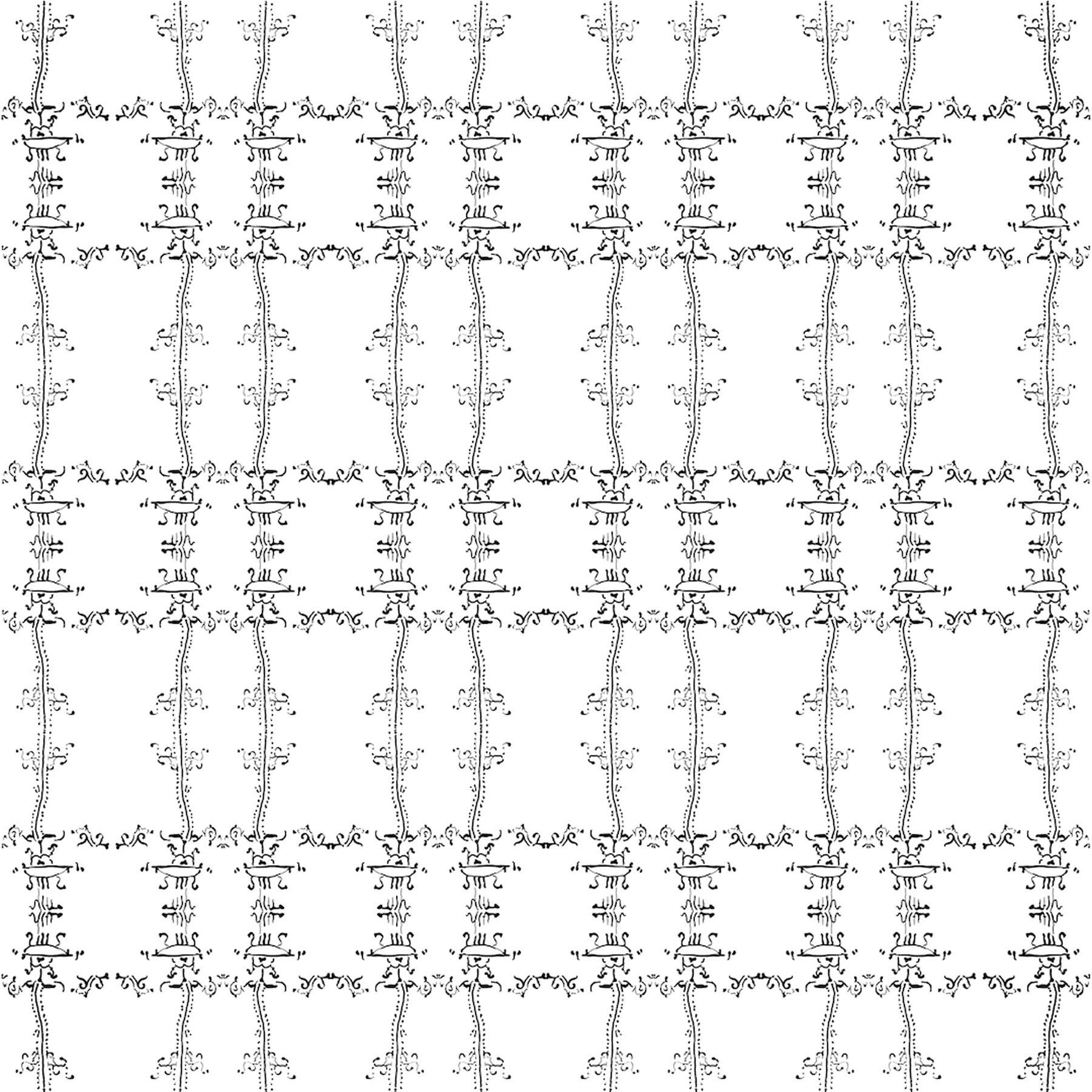
Julien Bismuth
India Chamacoco, Rio Nabilequé (Coleccion Boggiani No. 94), 2016
Serigraphy screen and print on wallpaper
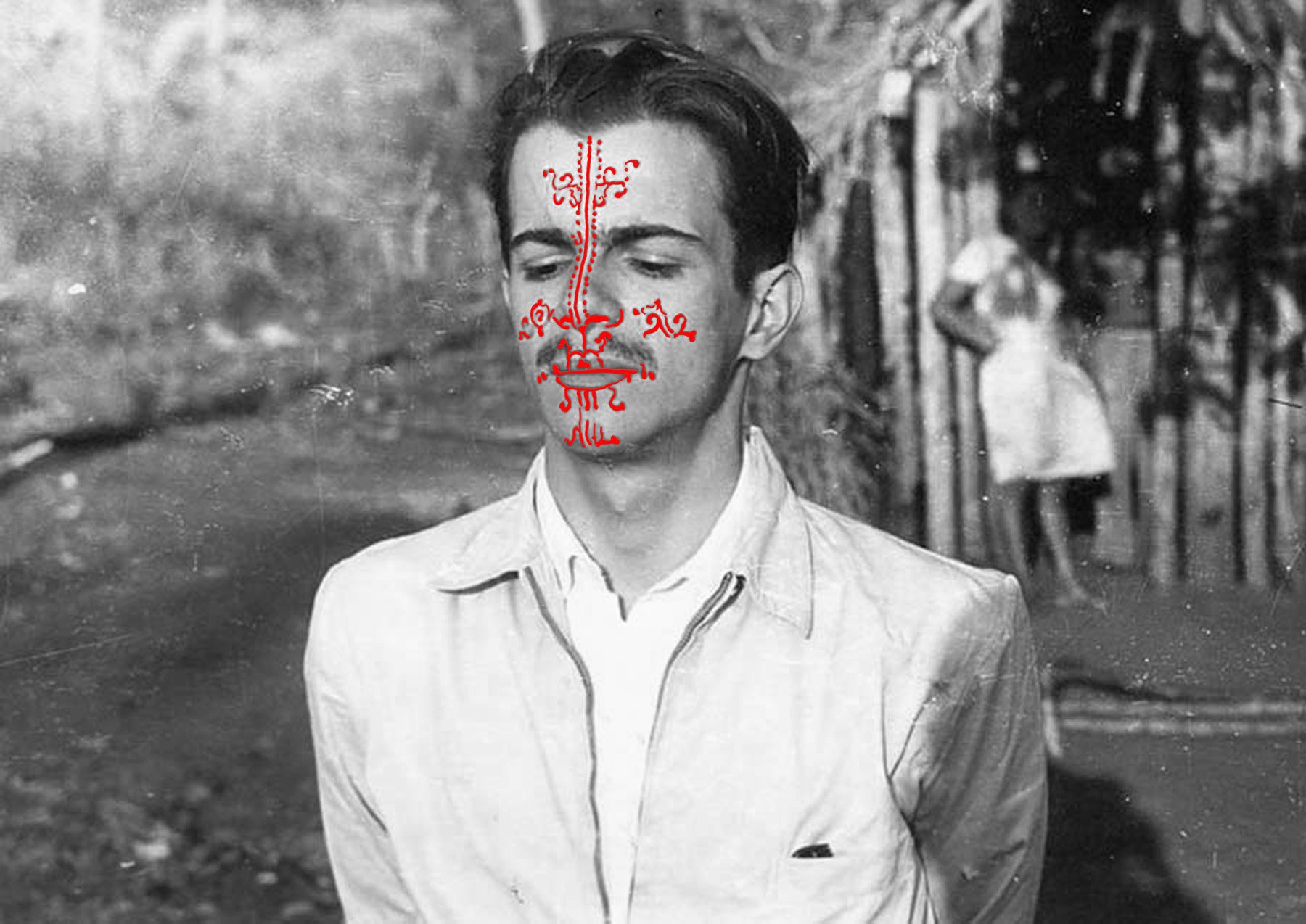
Julien Bismuth
Darcy Ribeiro com rosto pintado, 2016
Serigraphy screen and print on wallpaper
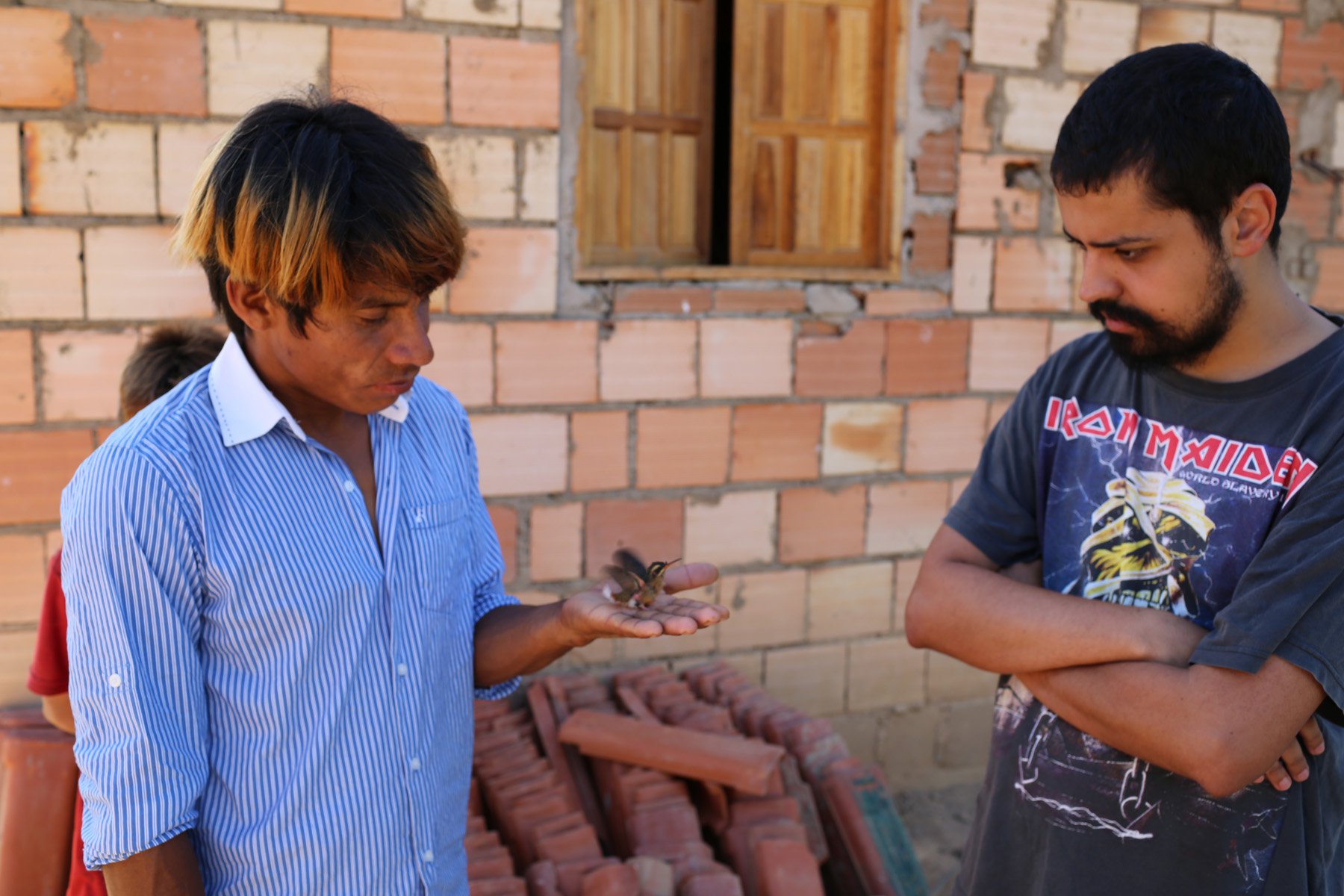
Julien Bismuth
Beijo Flores (Povo Maxacali, Aldeia Verde), 2016
Single-projection video with sound
00:05:45
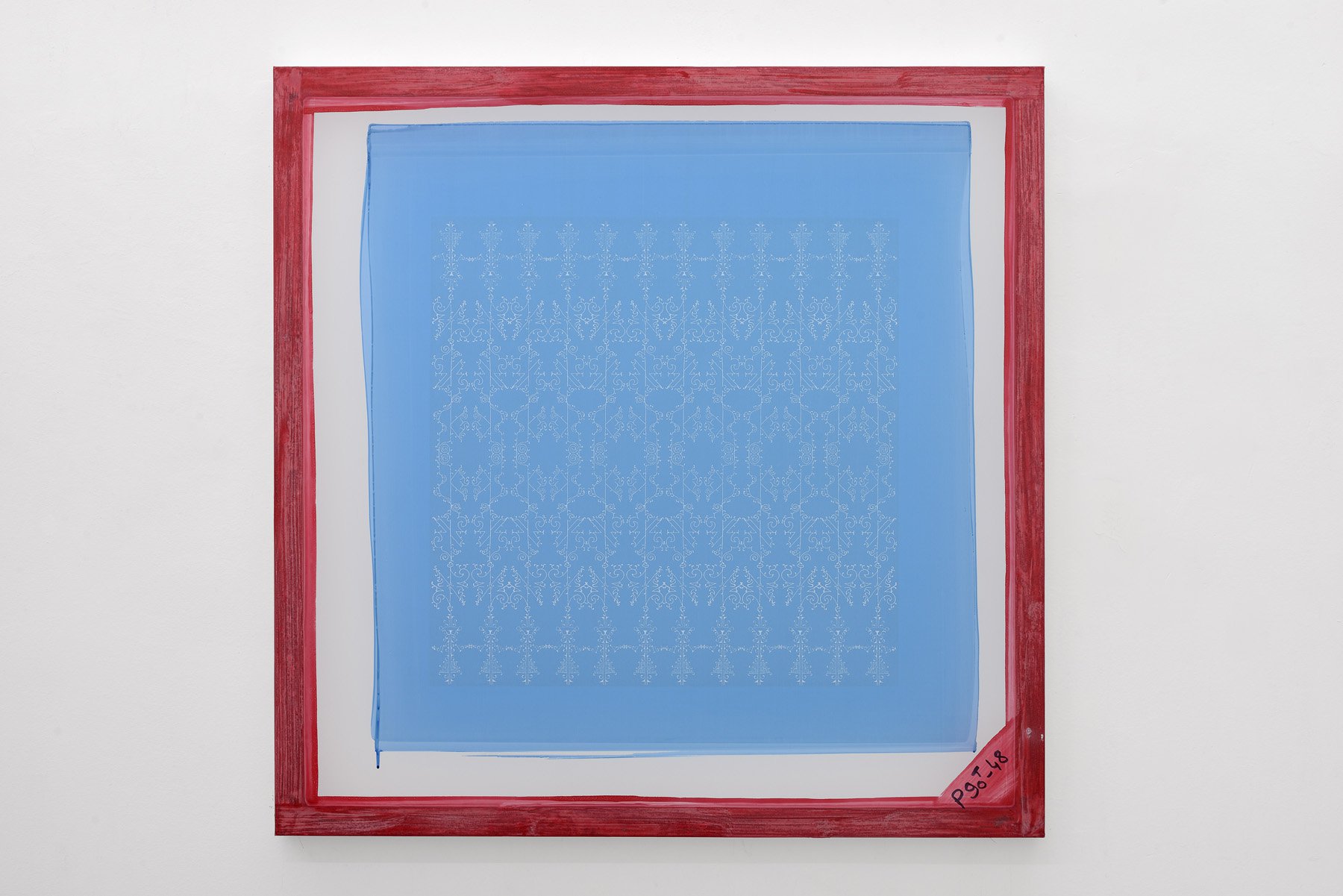
Julien Bismuth
Une société indigène et son style, 2016
Serigraphy screen and print on wallpaper

Julien Bismuth
Une société indigène et son style, 2016
Serigraphy screen and print on wallpaper
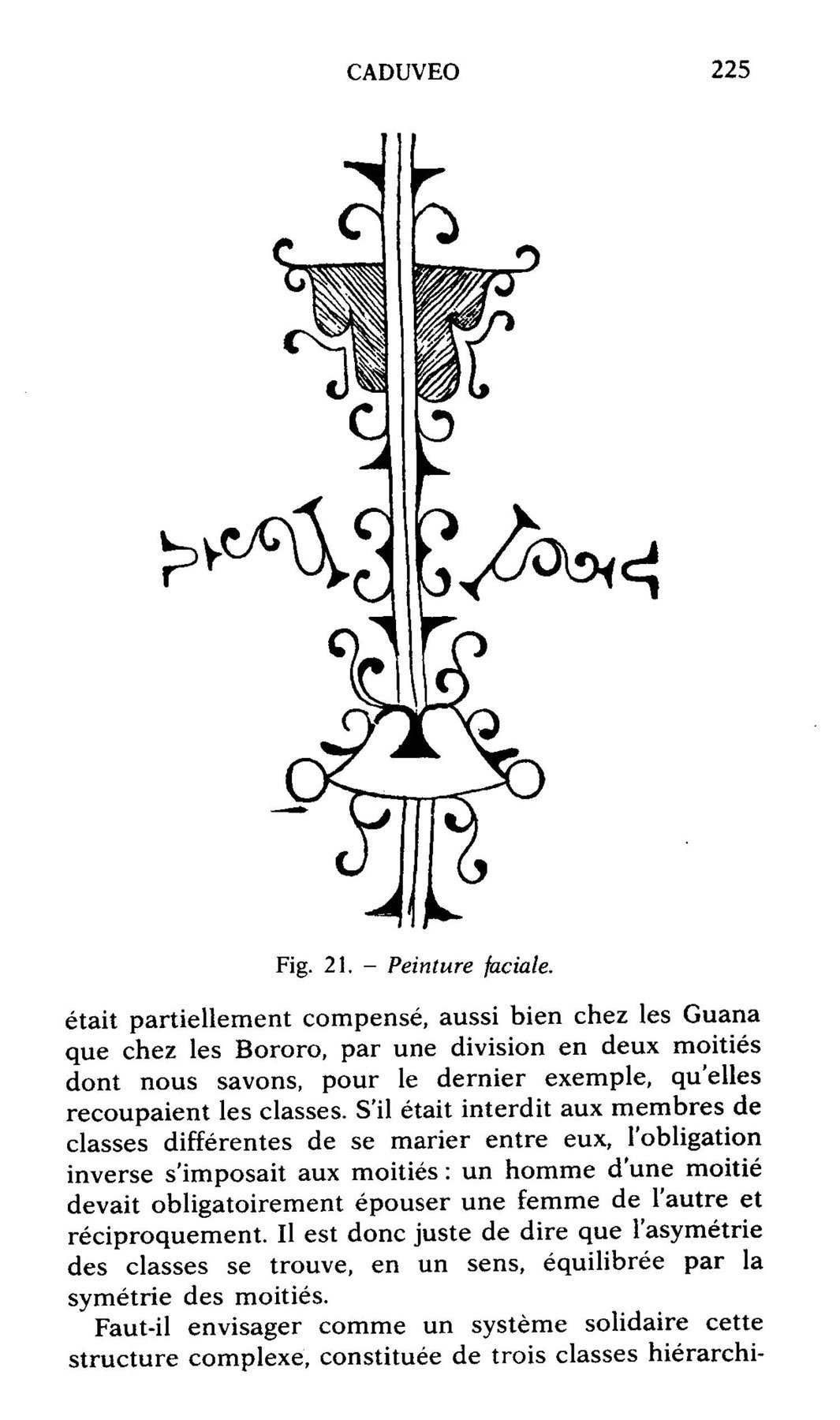
Julien Bismuth
Une société indigène et son style, 2016
Serigraphy screen and print on wallpaper
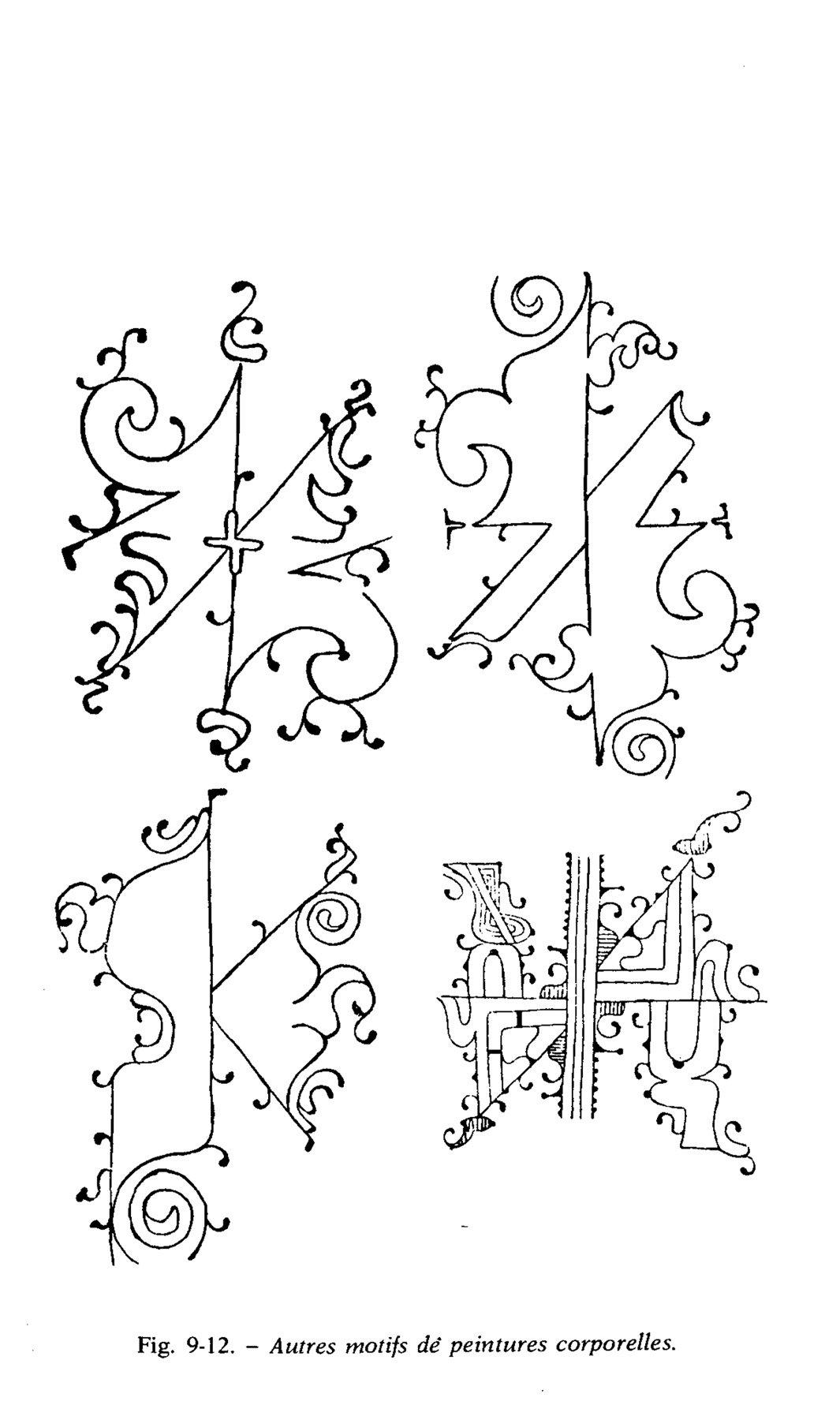
Julien Bismuth
Une société indigène et son style, 2016
Serigraphy screen and print on wallpaper
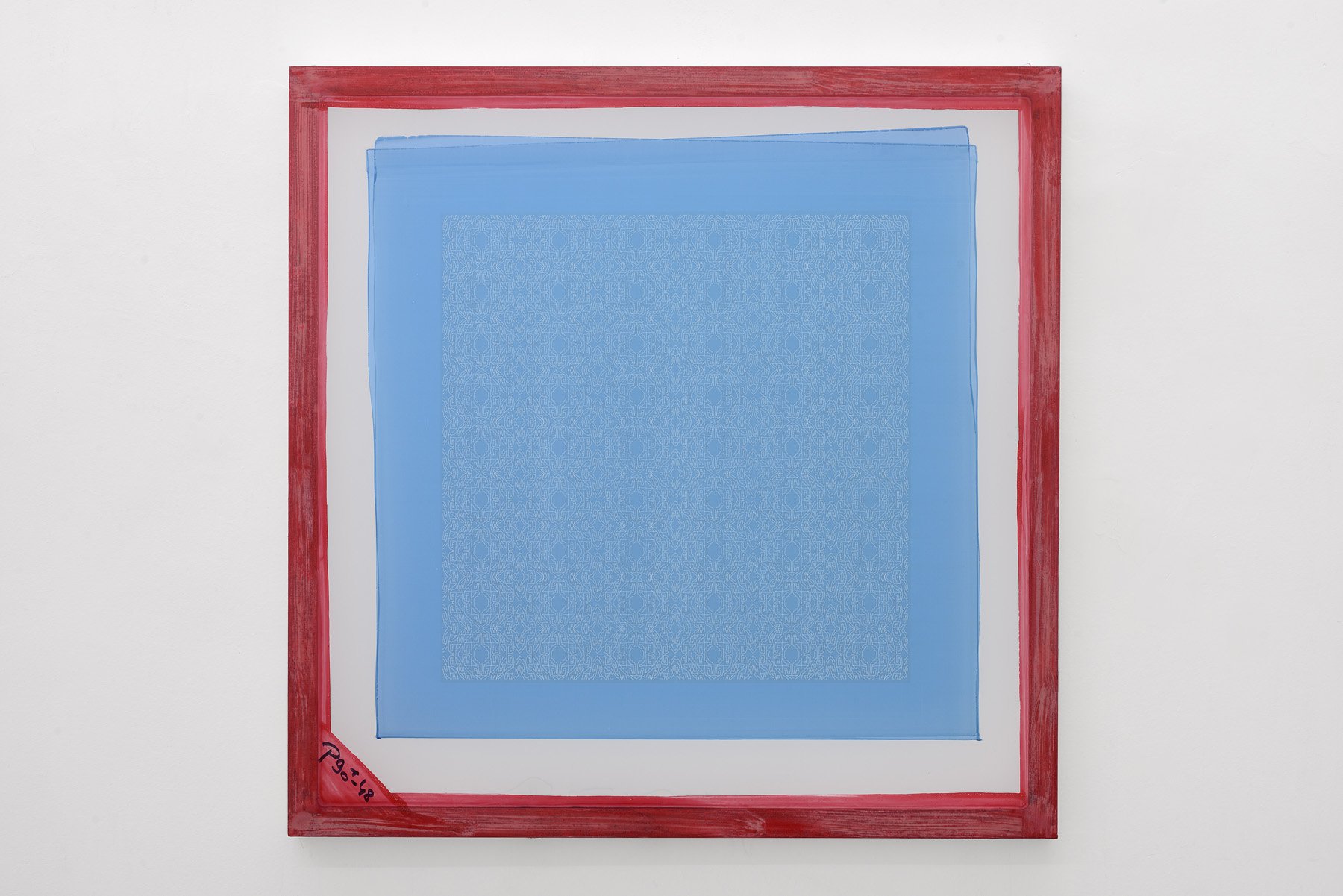
Julien Bismuth
India Chamacoco, Rio Nabilequé (Coleccion Boggiani No. 94), 2016
Serigraphy screen and print on wallpaper
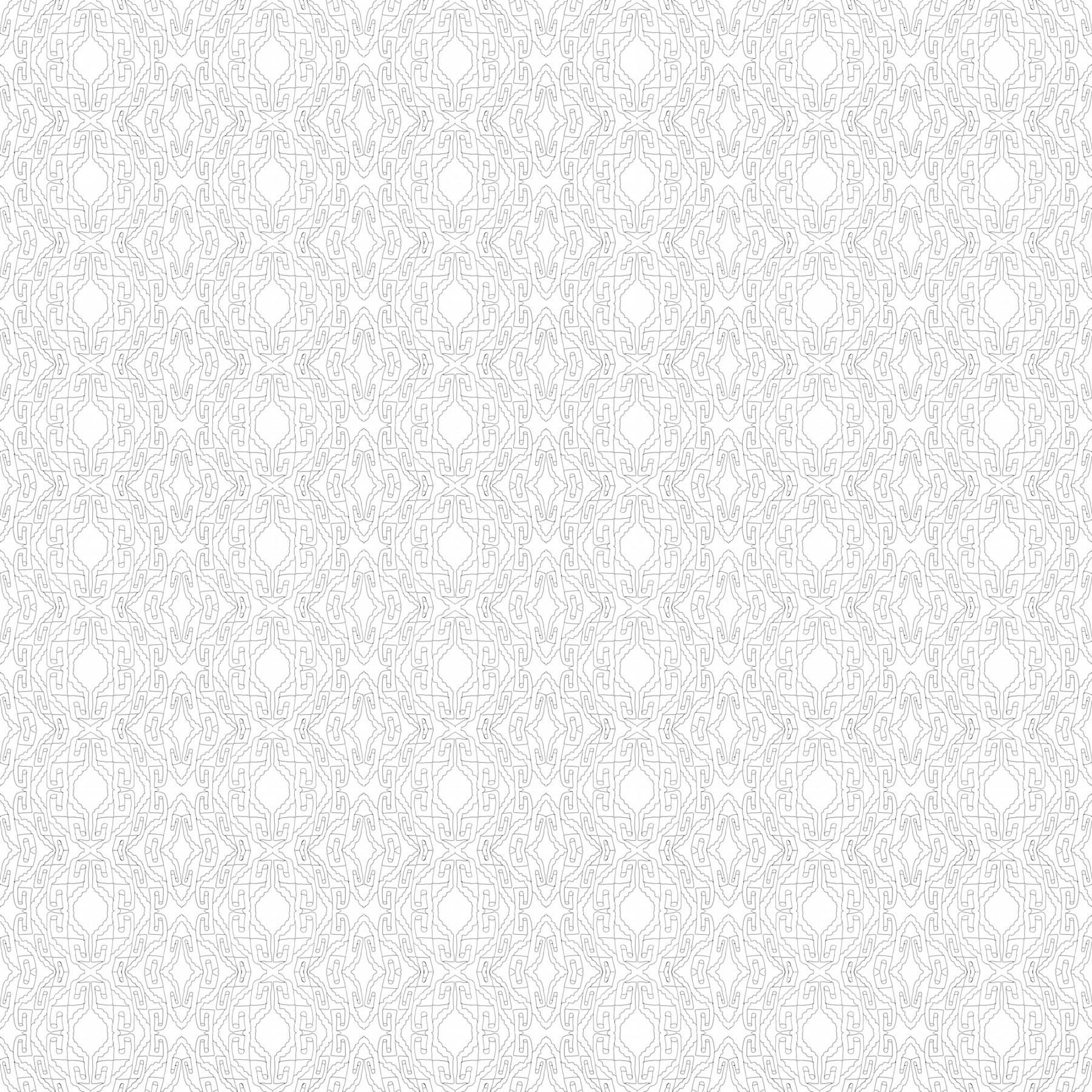
Julien Bismuth
India Chamacoco, Rio Nabilequé (Coleccion Boggiani No. 94), 2016
Serigraphy screen and print on wallpaper
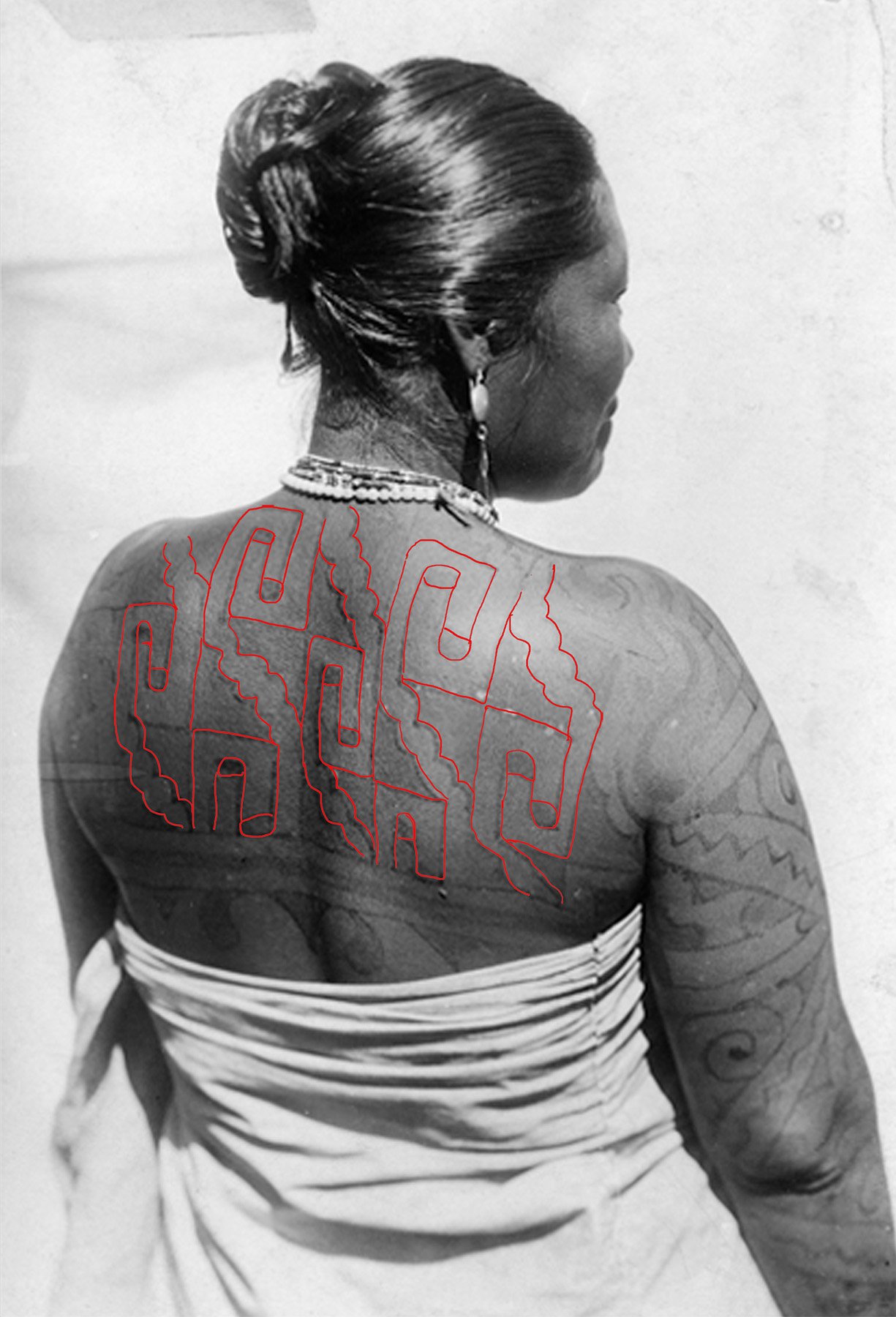
Julien Bismuth
India Chamacoco, Rio Nabilequé (Coleccion Boggiani No. 94), 2016
Serigraphy screen and print on wallpaper
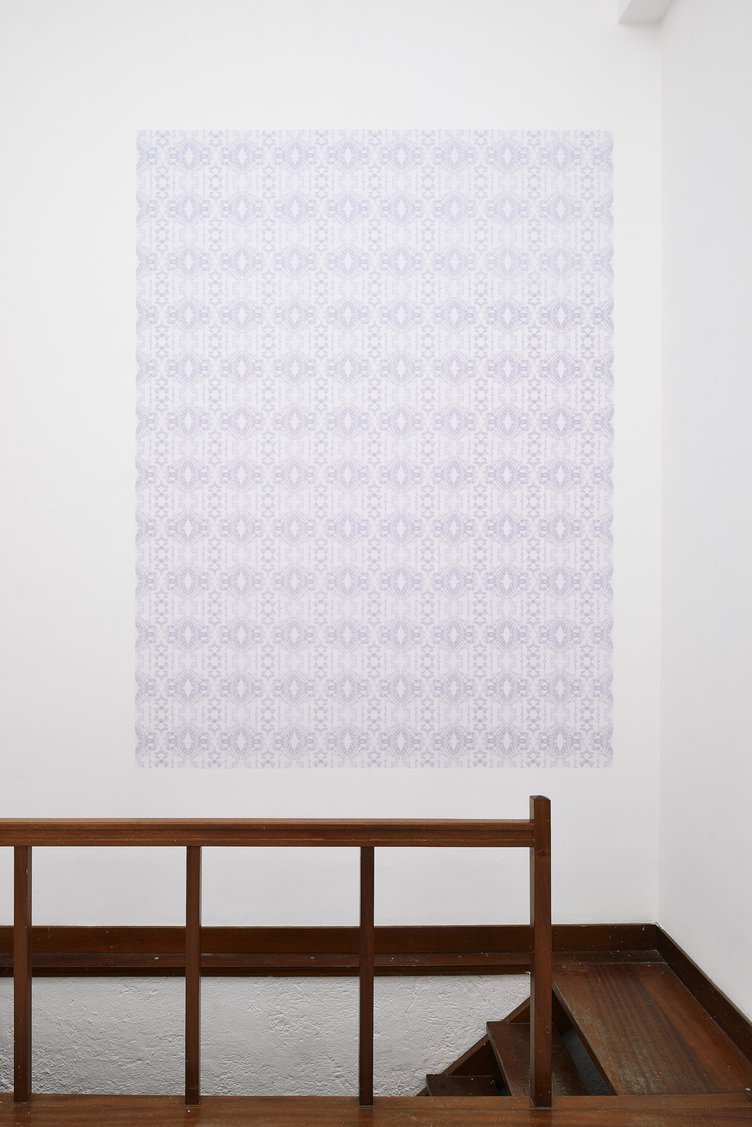
Julien Bismuth
Zitat, 2016
Installation view
Lira Gallery, Rome
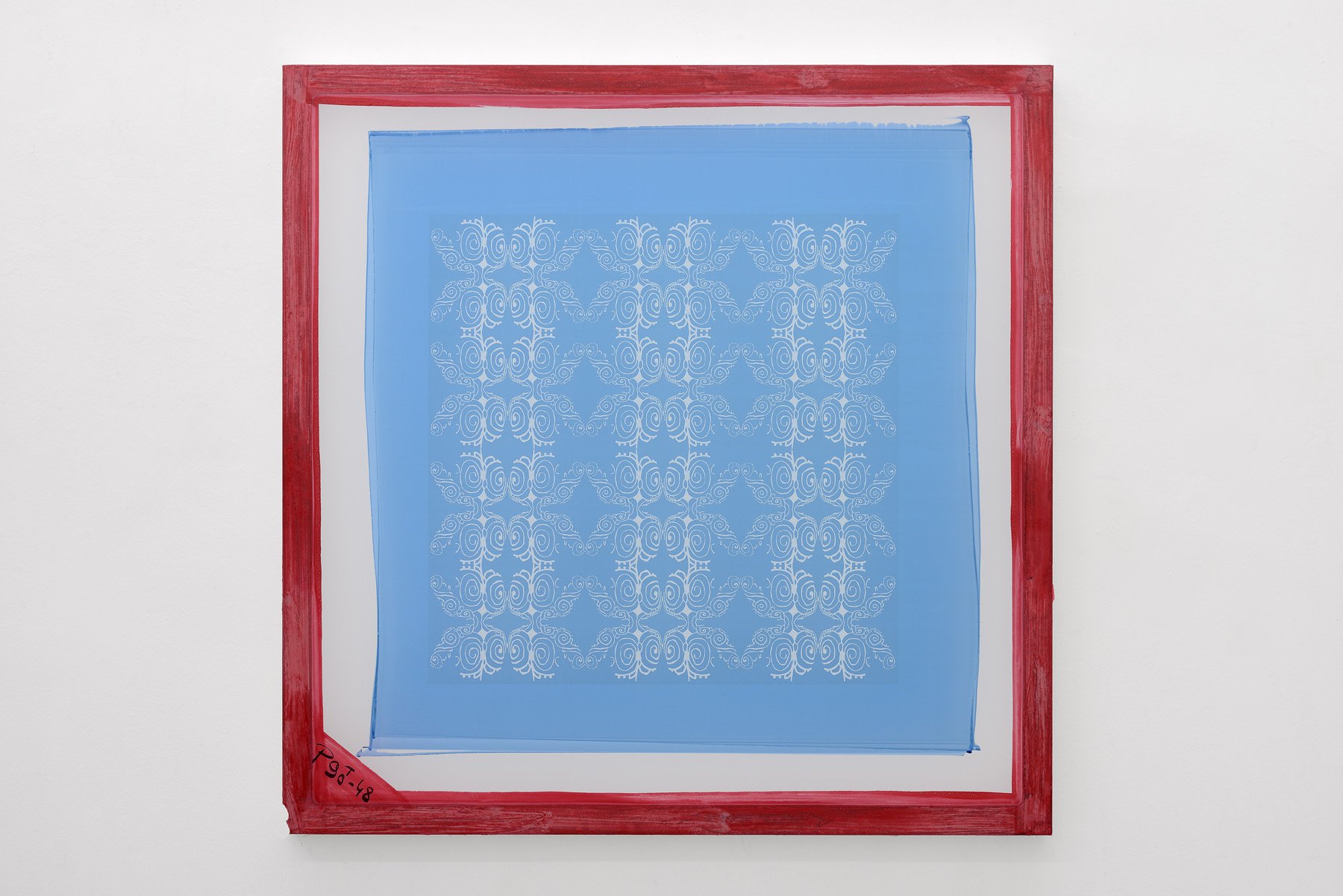
Julien Bismuth
Mujer de 18 á 20 años, esclava entre los Indios Caduveo (Coleccion Boggiani No. 80), 2016
Serigraphy screen and print on wallpaper
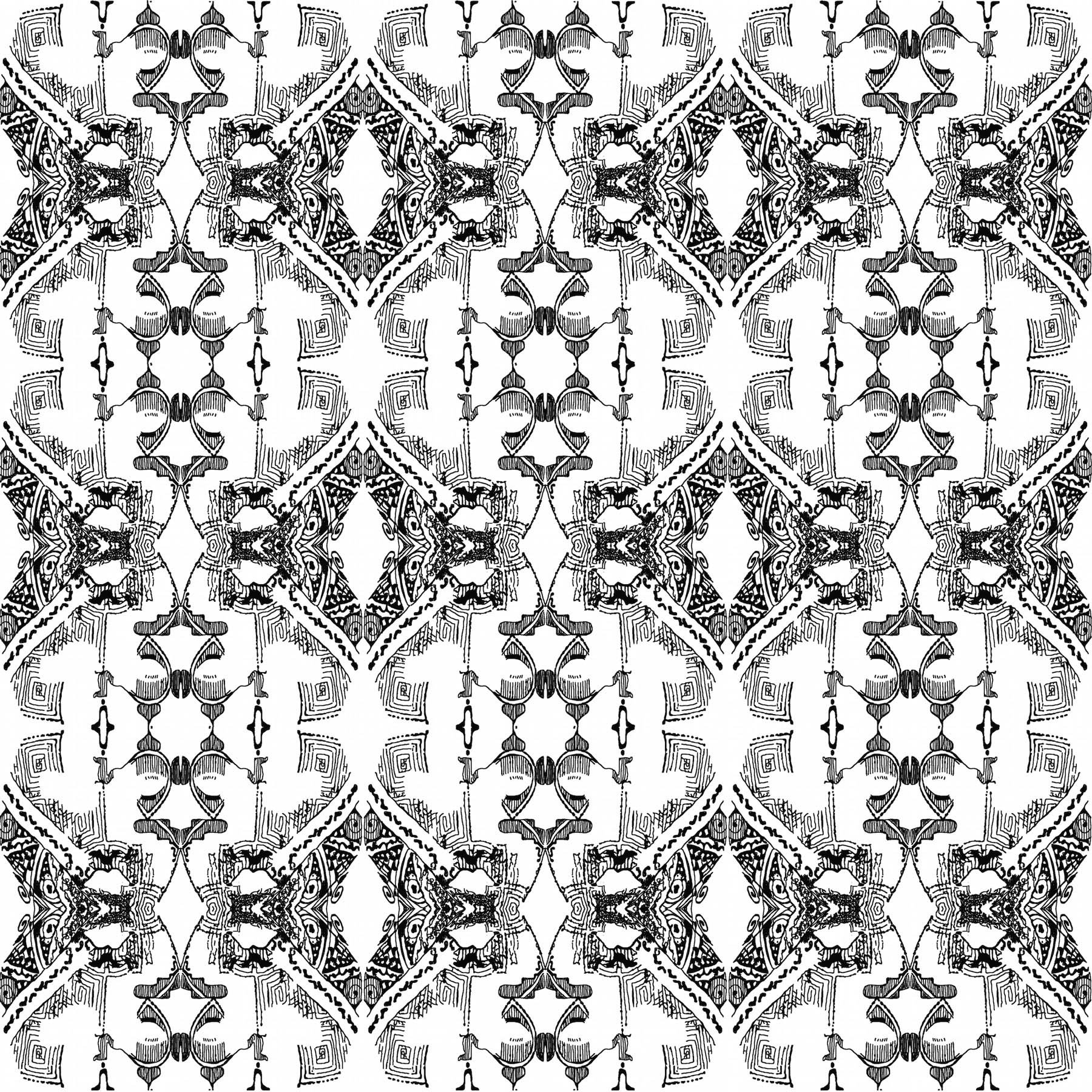
Julien Bismuth
Mujer de 18 á 20 años, esclava entre los Indios Caduveo (Coleccion Boggiani No. 80), 2016
Serigraphy screen and print on wallpaper
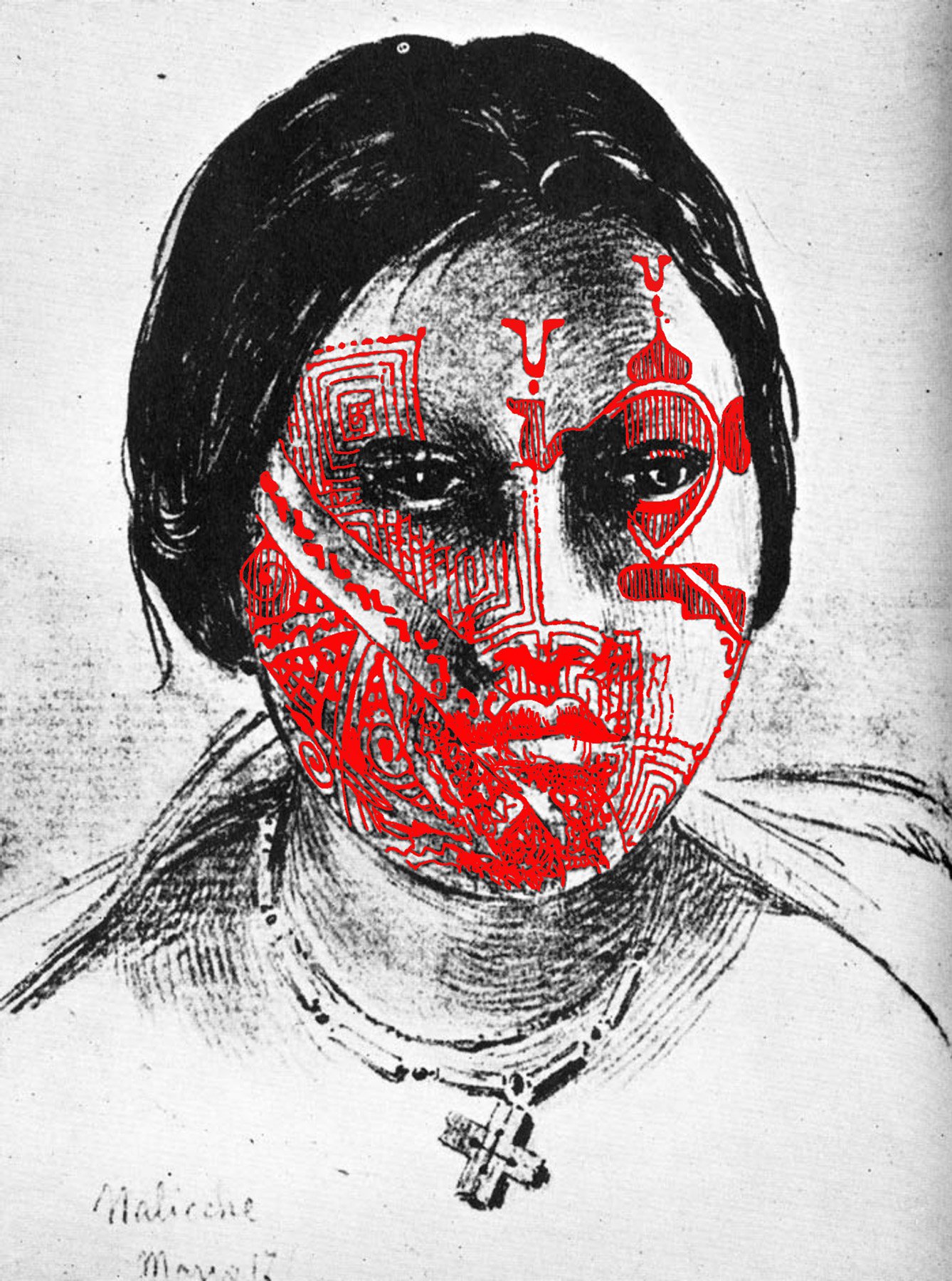
Julien Bismuth
Mujer de 18 á 20 años, esclava entre los Indios Caduveo (Coleccion Boggiani No. 80), 2016
Serigraphy screen and print on wallpaper
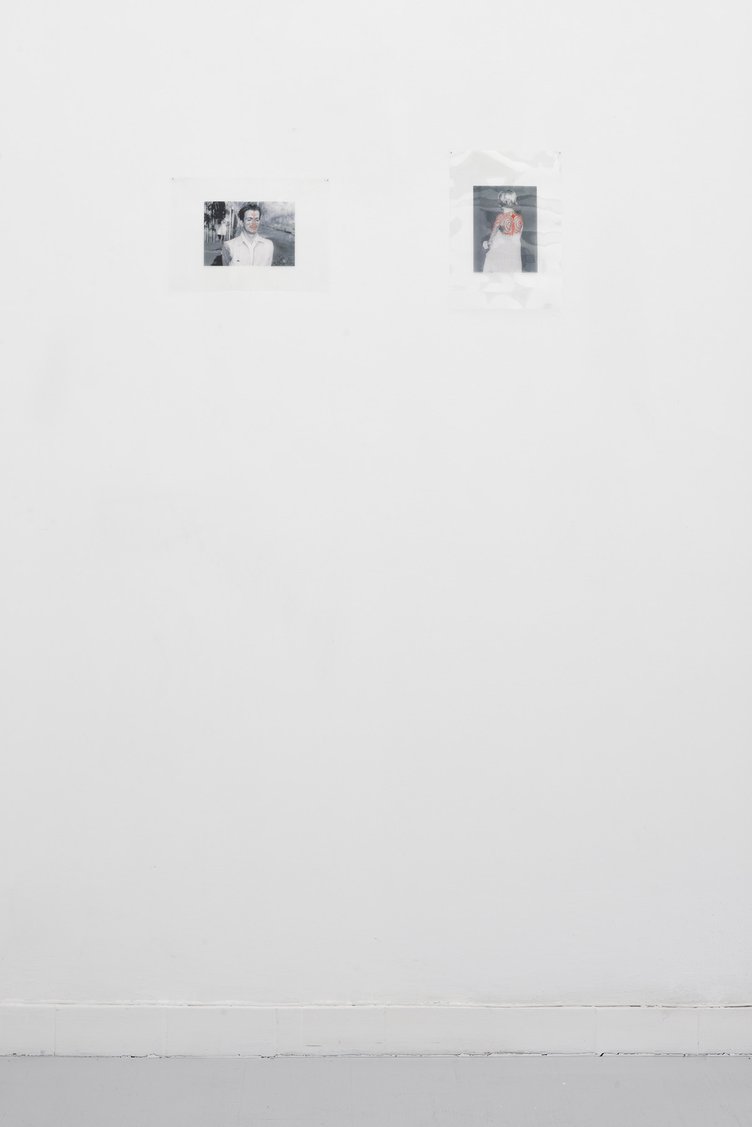
Julien Bismuth
Zitat, 2016
Installation view
Lira Gallery, Rome
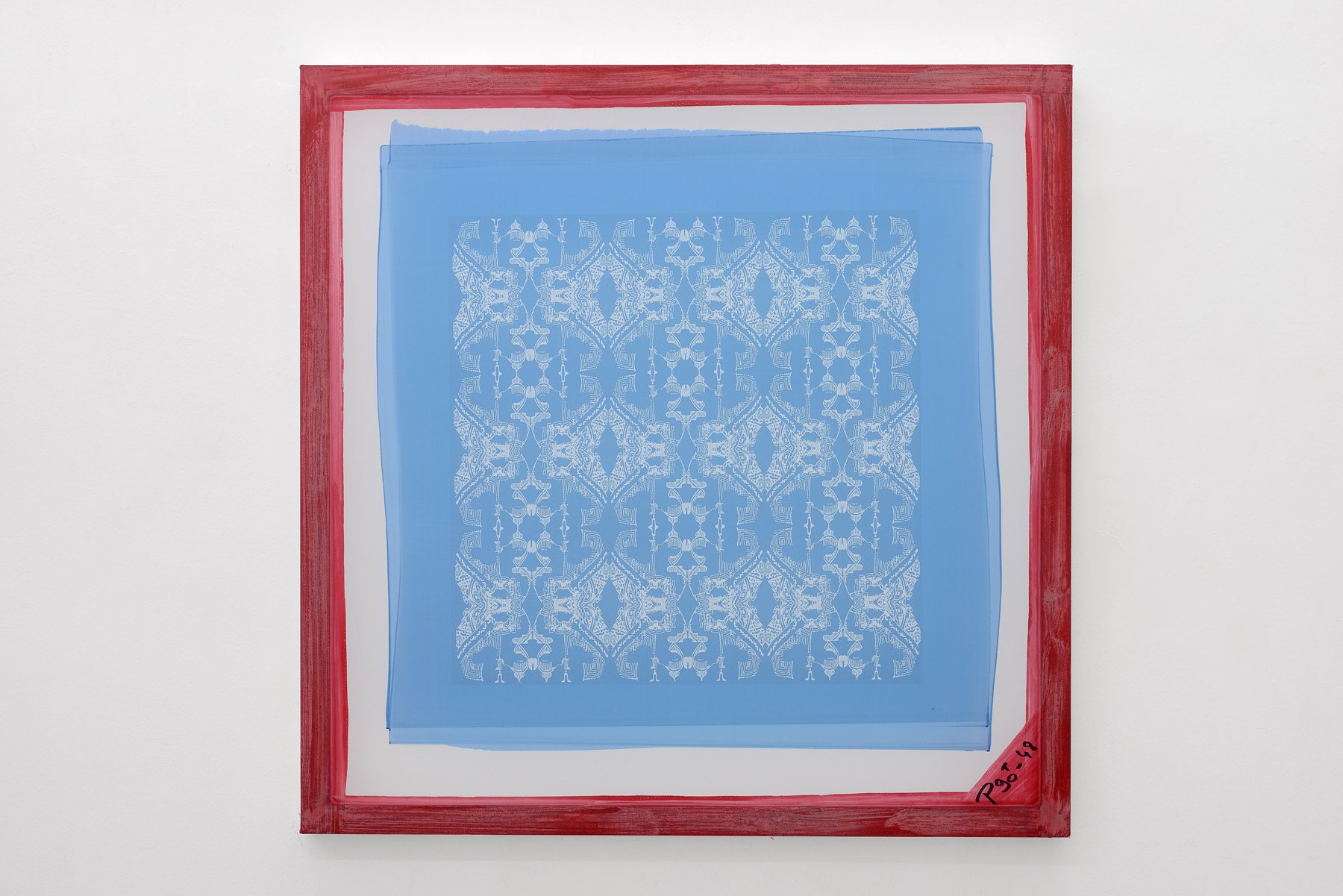
Julien Bismuth
Une belle Caduveo en 1895 (d’après Boggiani), 2016
Serigraphy screen and print on wallpaper
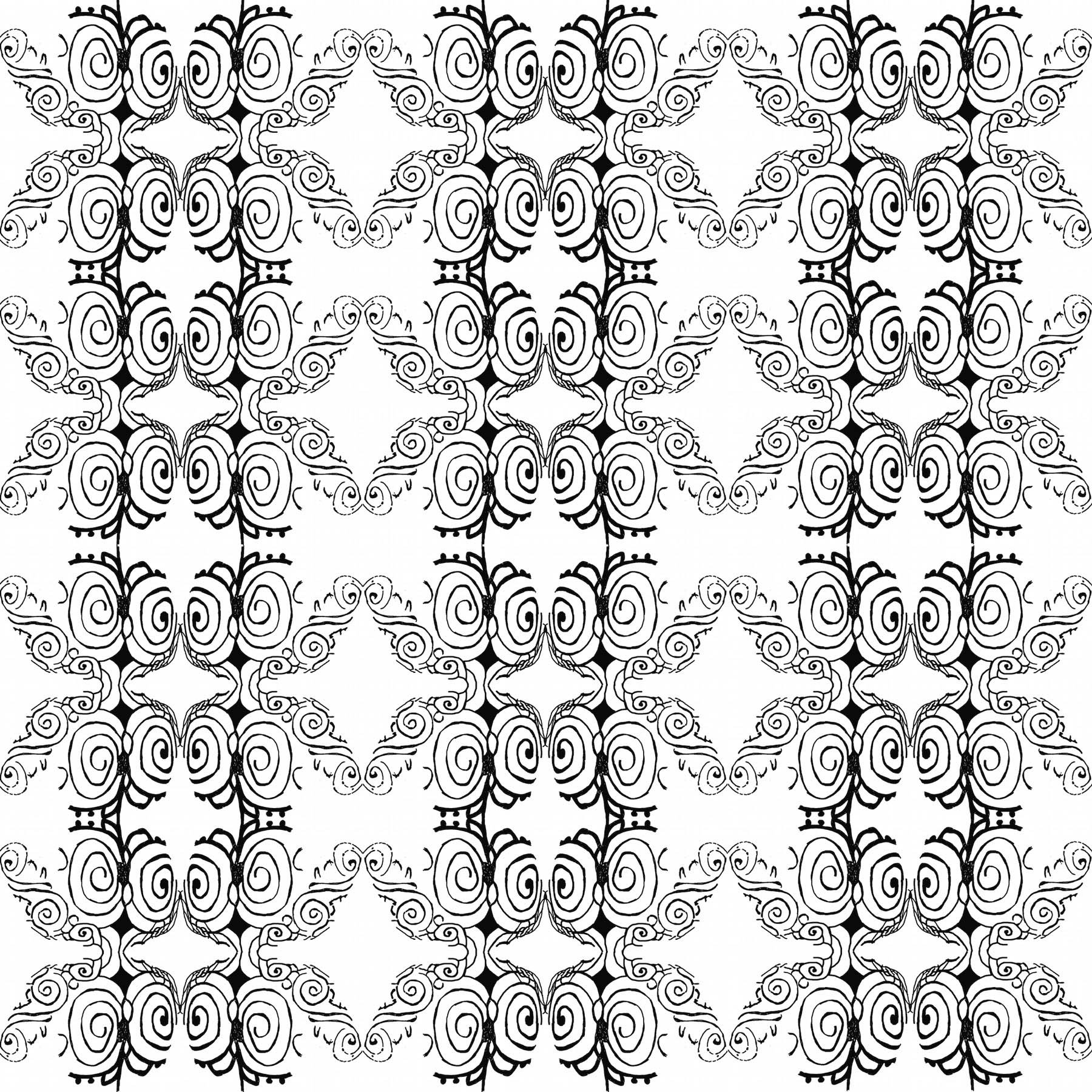
Julien Bismuth
Une belle Caduveo en 1895 (d’après Boggiani), 2016
Serigraphy screen and print on wallpaper
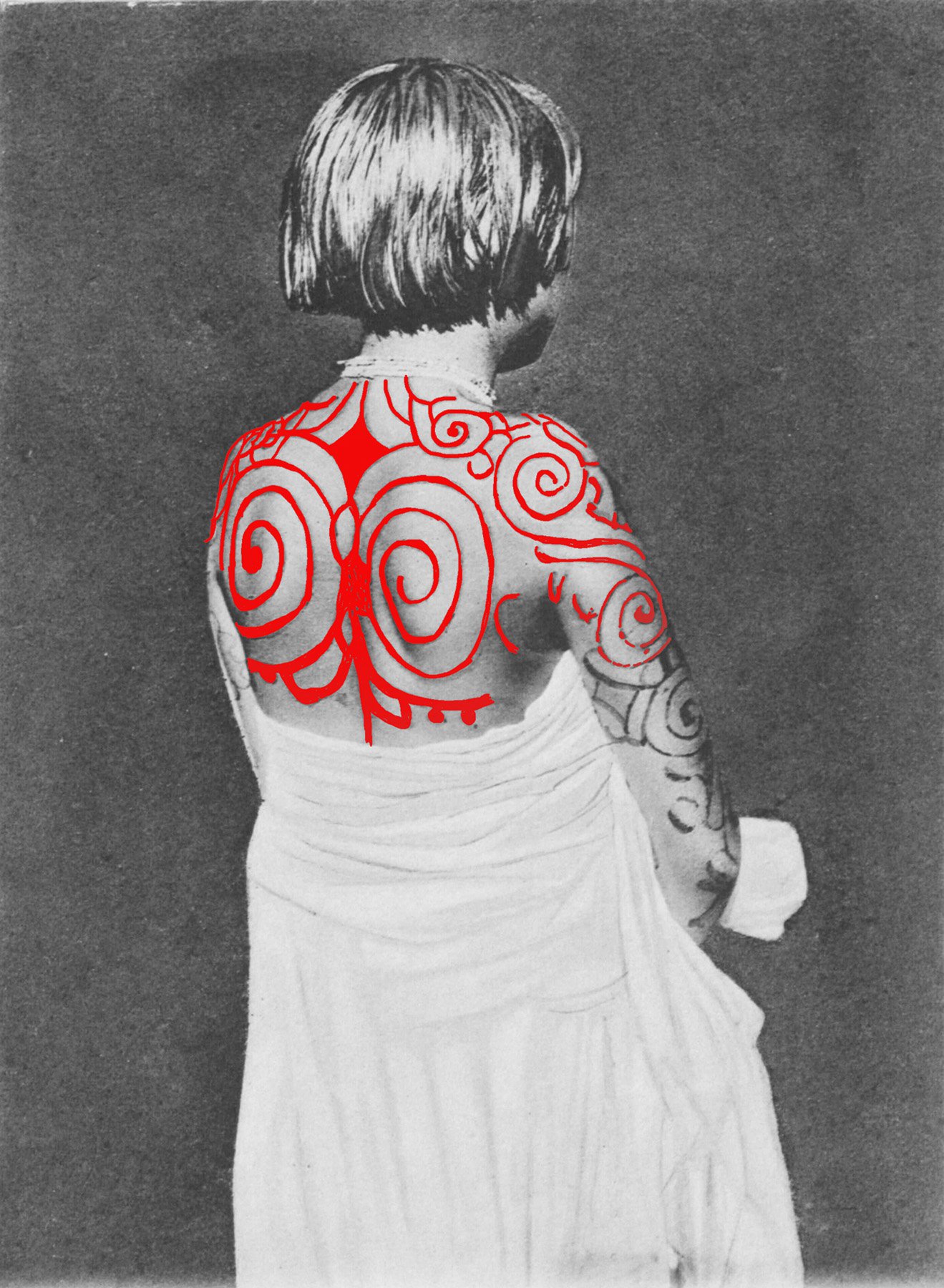
Julien Bismuth
Une belle Caduveo en 1895 (d’après Boggiani), 2016
Serigraphy screen and print on wallpaper
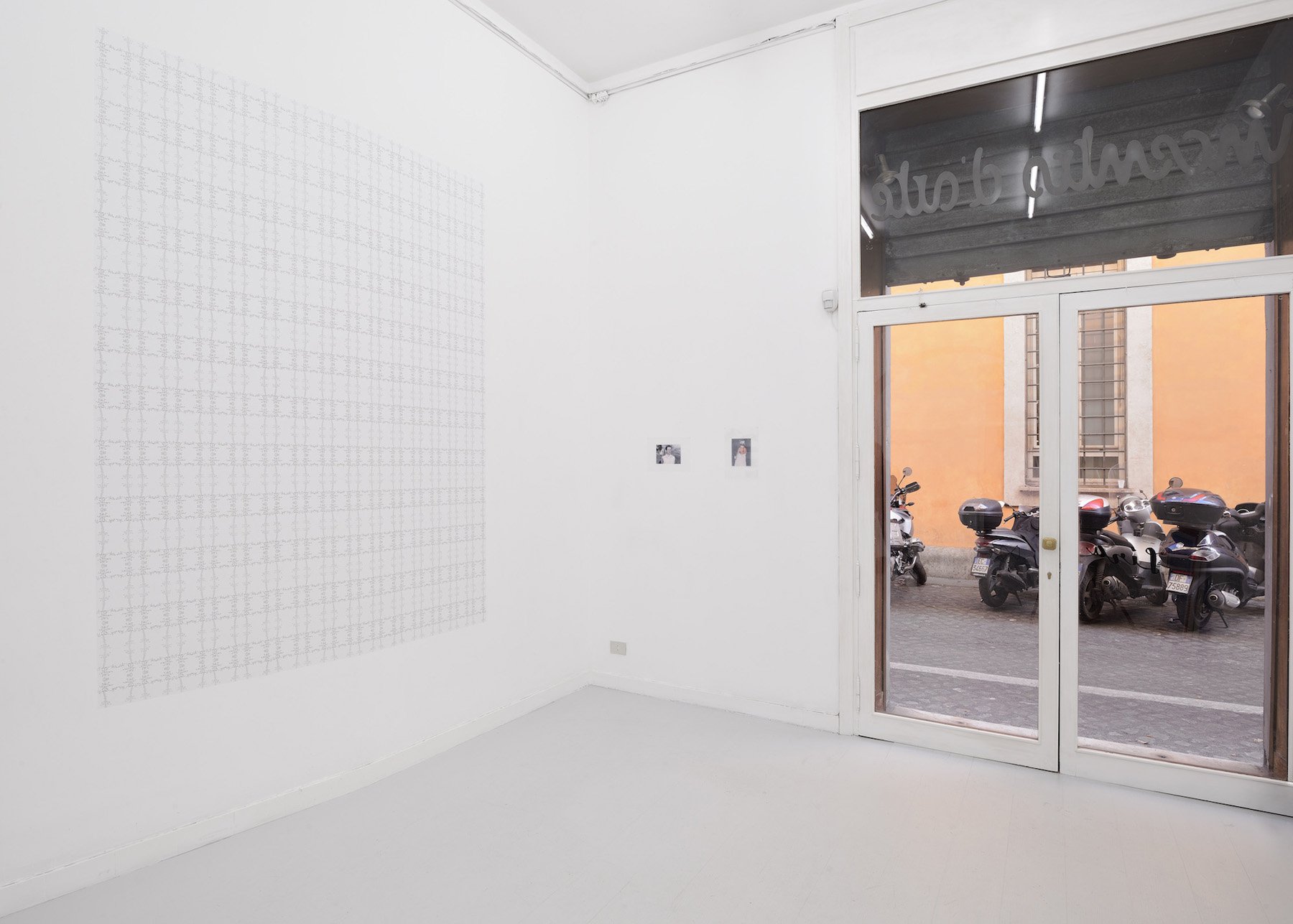
Julien Bismuth
Zitat, 2016
Installation view
Lira Gallery, Rome
The title of the exhibition is “Zitat” meaning “citation” from the Old French “citer” (to summon) from the Latin “citare” (to summon, urge, call; put in sudden motion, call forward, rouse, excite).
An exhibition as a mosaic of lifted fragments. An exhibition as a preface also, this is what I had told you earlier, that this exhibition was a preface or foreword to a work in progress that I hope to produce this year, with the Pirahã tribe in Brazil. These works are best described as motifs and a motif is either a theme, a predominant feature, a melody, a short succession of notes producing a single impression, a brief melodic or rhythmic formula out of which longer passages are developed, or a decorative design or pattern. The word motif, like so many other words in the English language, was lifted from elsewhere, from the French word “motif” which also means motive, as in a reason for doing something, especially one that is not hidden or obvious.
Every work has a reference, and the reference is given in the title. References include part fve of Tristes Tropiques by Lévi-Strauss on the Caduveo people, but also the life and work of Guido Boggiani who died in 1902, ostensibly killed by the Chamacoco Indians he had been living with, to prevent him from taking any more photographs of them. The patterns are from images of Caduveo body paintings, whose designs, Lévi-Strauss says are phantasms or labyrinths for phantasms. I’d have to read it again to fnd the exact passage, but I’d rather leave you with this paraphrase. A paraphrase is the memory of a passage. A citation is its snapshot.
Each of these sources conceals countless other authors, other narrators. Each of these narratives is a mosaic of lifted fragments and impressions. An impression as the citation of an experience. The two projections I am showing are from a trip I made to the Maxacali people in November of last year in Brazil, with a group of linguists and anthropologists who were studying their nascent sign language. I flmed the interaction between the linguists and the signers, among other things, other moments, and it is some of these other moments that I will be showing here.
Each of these works is a different encounter with the same alterity, I won’t say the same type of alterity, but a same or similar horizon of difference, one that becomes all the more elusive as its limits shrink and recede against the tide of our civilization. I wanted to bracket this last word like a citation. None of these indications or backstories are necessary to your engagement with the works. You can look at them at images or patterns, phantasms or labyrinths. When I was drawing them, designing them, I started to see patterns everywhere, patterns that signifed nothing other than the rhythm of their repetition, the architecture of their imbrication.
I’ve never drawn with such a faithful hand.
New York, March 1st, 2016